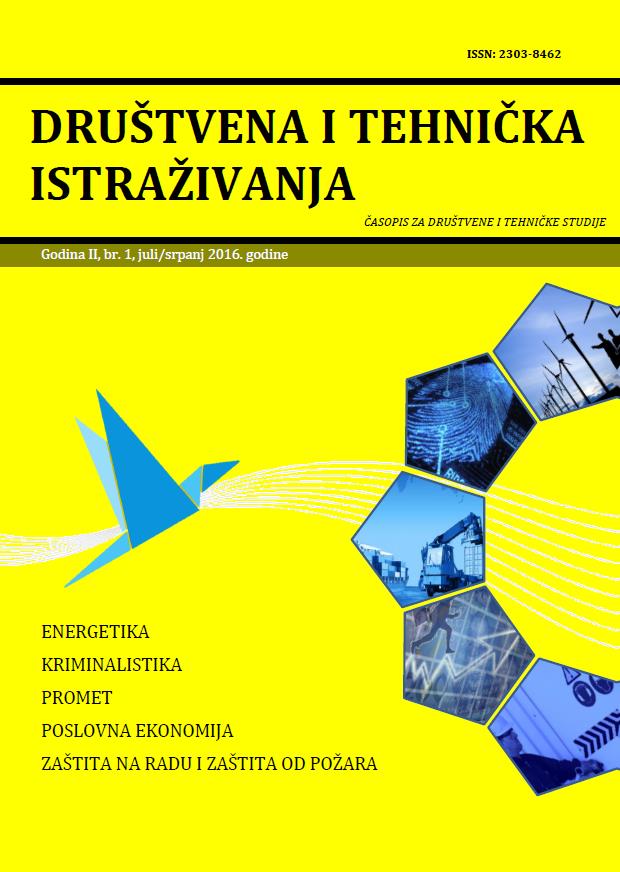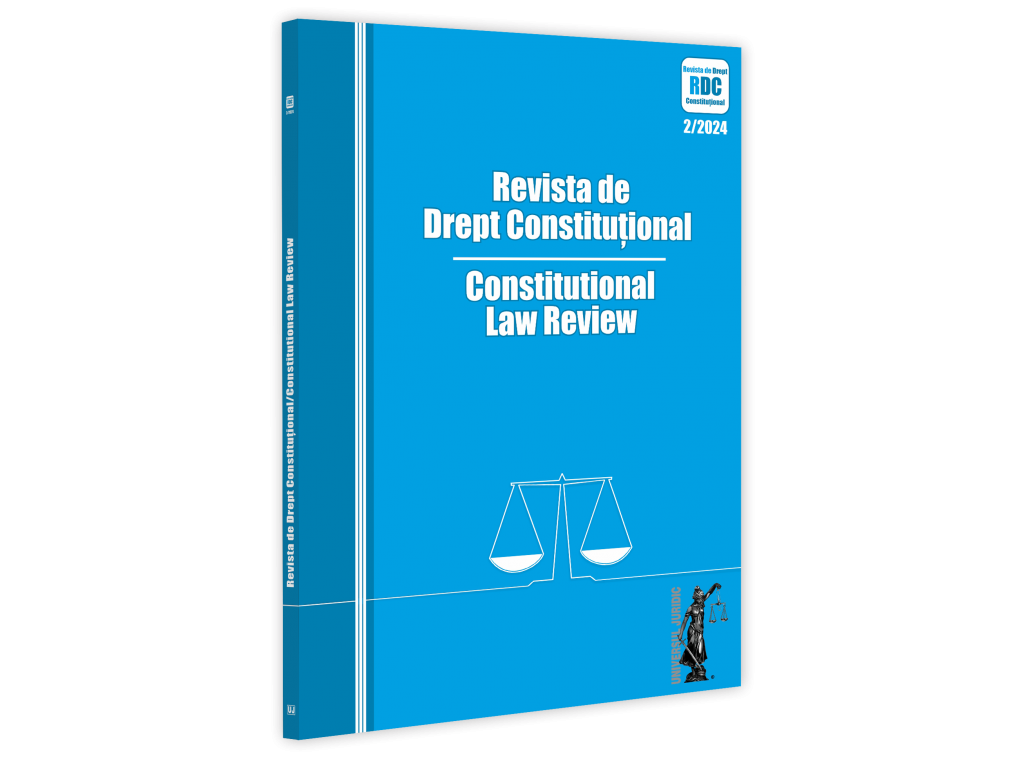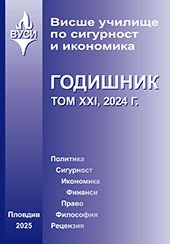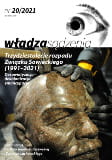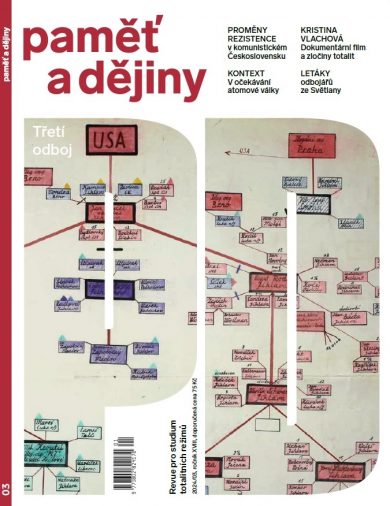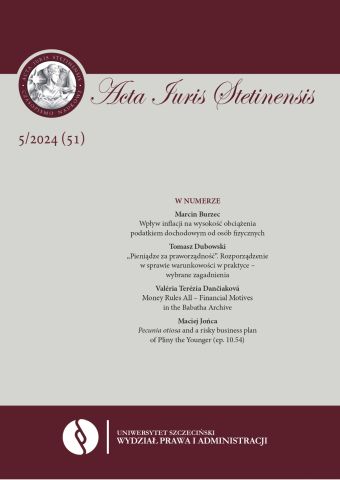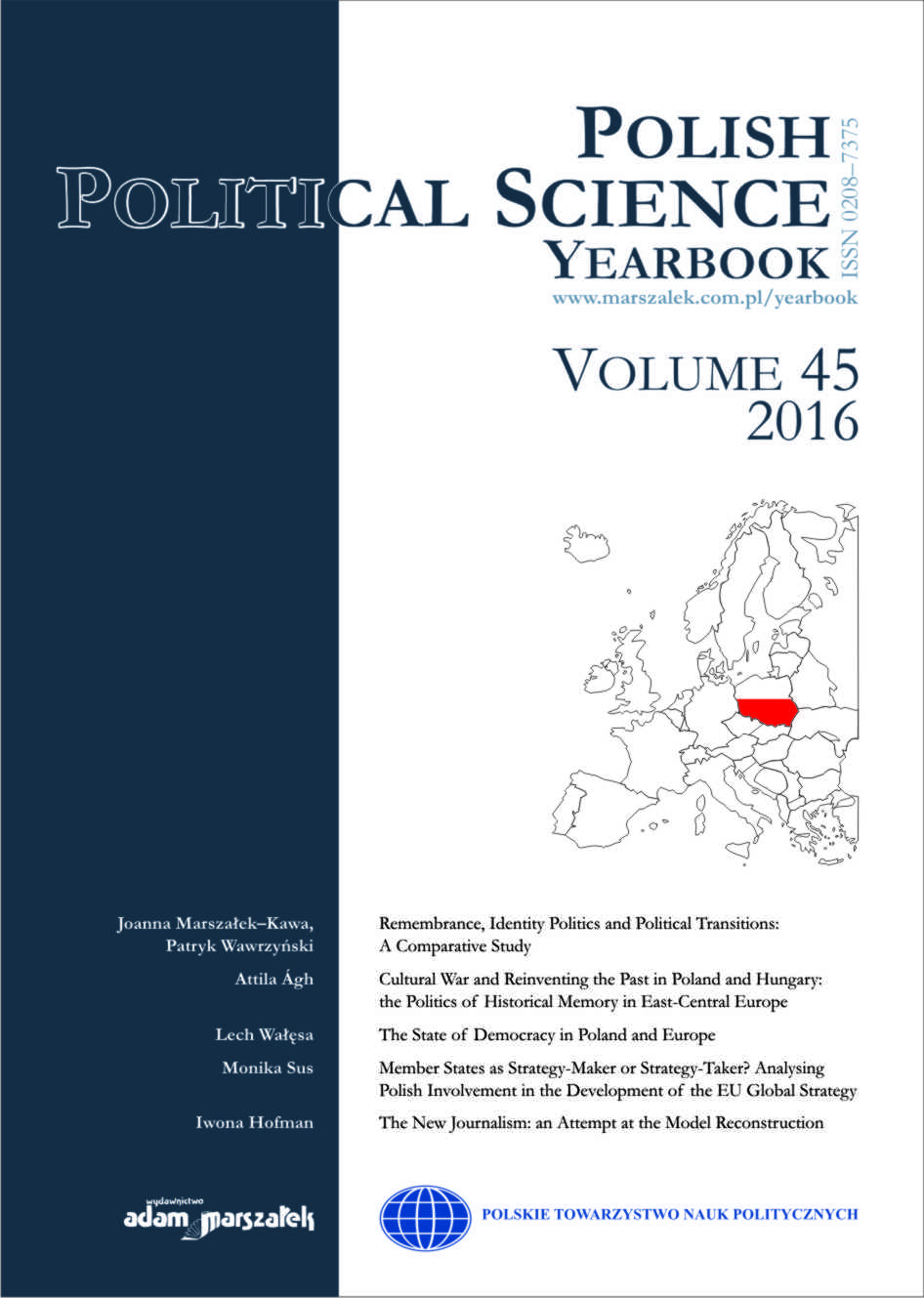
South African Post–Apartheid Transitional Remembrance Policy (1994–1999)
The paper presents results of the qualitative–to–quantitative narrative analysis of the transitional remembrance policy in South Africa during Nelson R. Mandela’s presidency. It refers to findings on the structure of political applications of historical interpretations to the issue of national identity reconstruction during democratisation. Therefore, the paper considers a degree in which remembrance story–telling was used to legitimise, justify, explain and promote the Rainbow Nation, the inclusive and non–racial vision of South Africa’s ’ideal self’ based on Archbishop Desmond Tutu’s theology of Ubuntu hoping. It investigated these relationships on eight levels – legitimisation of new elites, presence of former elites, transitional justice, social costs of transformations, promotion of new standards, the symbolic roles of democratisation, need for national unity and the new state’s identity in international politics. Moreover, the paper introduces a draft comparison with other cases of transitional remembrance policy – Chile, Estonia, Georgia, Poland and Spain – and it offers the structural model of the use of historical interpretations in South African transition, as well as discussing it with reference to the general model of the transitional remembrance policy.
More...
